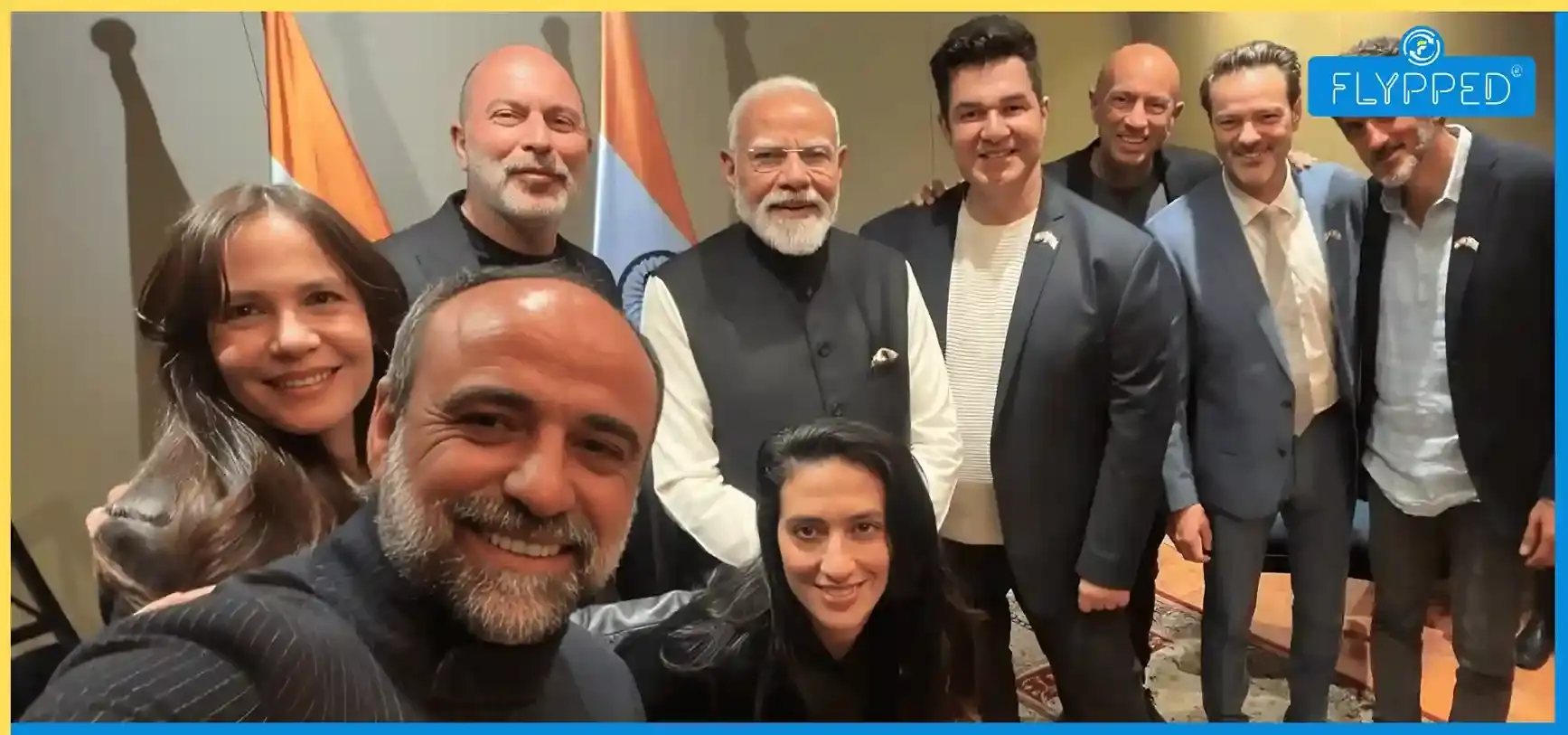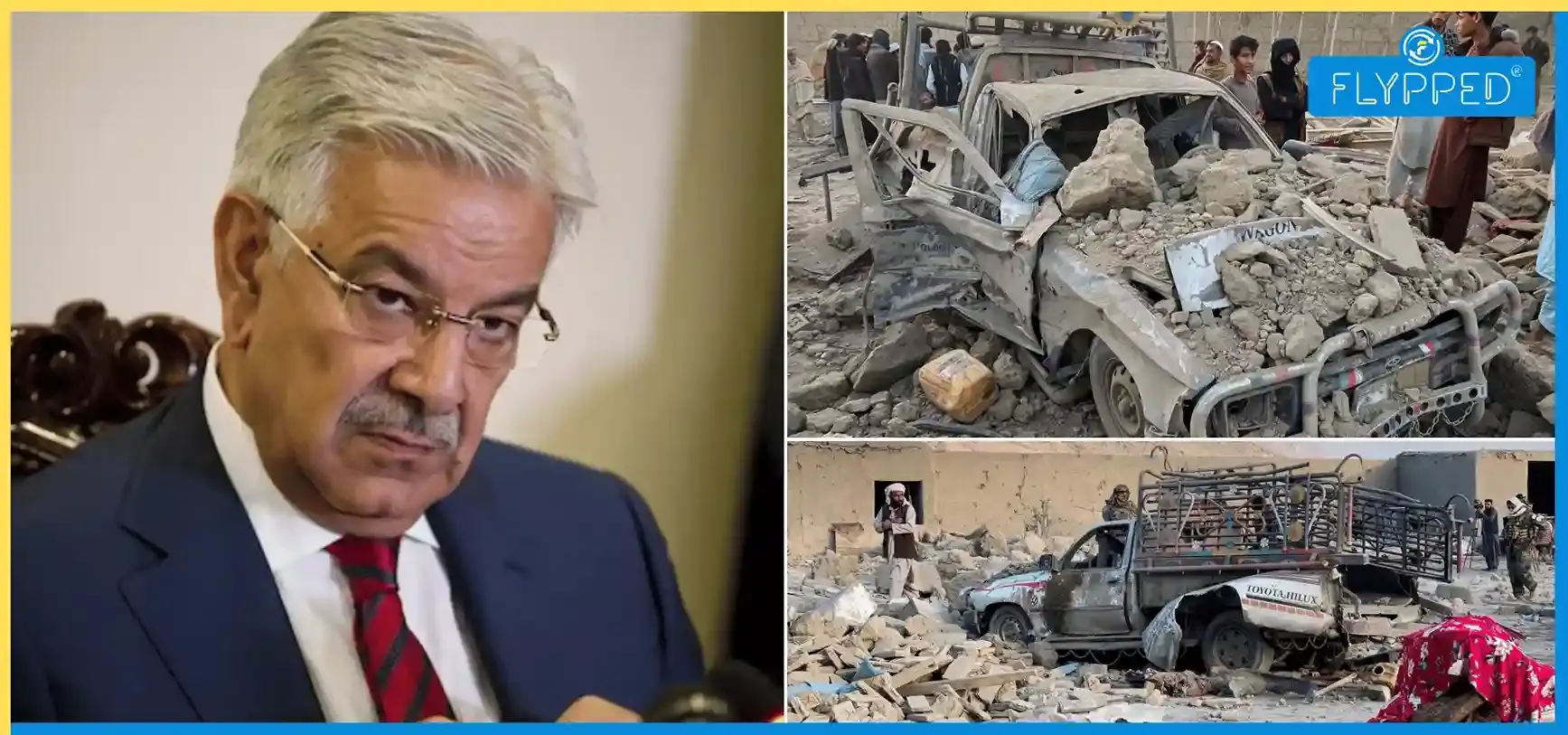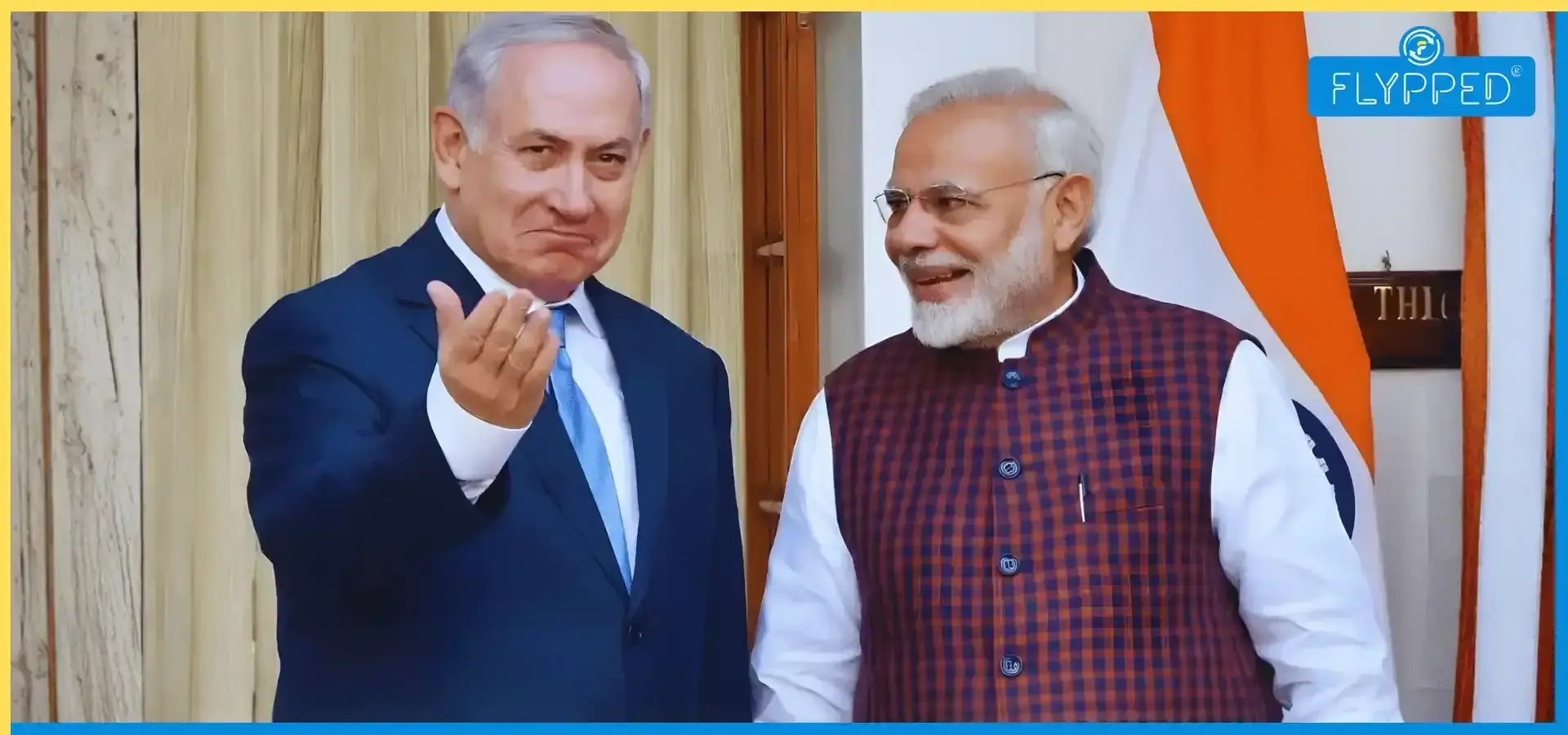PM Modi Praises German Initiative to Boost Visas for Skilled Indian Workers During Scholz's Visit

In a recent diplomatic development that has garnered attention, Indian Prime Minister Narendra Modi commended Germany’s commitment to making visa access easier for skilled Indian workers. This move came during a significant visit by German Chancellor Olaf Scholz, marking yet another step in the ongoing effort to strengthen ties between India and Germany. This decision from Germany highlights the mutual benefits of fostering a closer working relationship, particularly in the context of the growing demand for skilled labor.
India’s Skilled Workforce Meets Germany’s Need for Talent
India is known worldwide for its vast pool of skilled professionals, especially in fields like technology, engineering, and healthcare. With a population that’s well-educated in STEM fields (Science, Technology, Engineering, and Mathematics) and proficient in English, India’s workforce has been a valuable asset on the global stage.
Germany, on the other hand, is experiencing a notable shortage of skilled professionals, especially in specialized sectors. As one of the world’s leading economies, Germany’s demand for expertise continues to grow, particularly in high-tech, engineering, healthcare, and IT. However, with an aging population and a shrinking native workforce, Germany faces a labor gap that, if left unaddressed, could hinder economic growth and innovation.
Bringing more Indian workers into the German workforce provides a solution to this issue. It’s a mutually beneficial situation—Germany can tap into India’s skilled labor pool, and Indian professionals gain access to high-paying jobs in a stable and technologically advanced economy.
PM Modi’s Enthusiastic Support
Prime Minister Modi’s positive reception of Germany’s initiative is reflective of his broader approach toward enhancing India’s international engagement. Modi has been an advocate for creating opportunities for Indians abroad, recognizing the value of international experience in furthering India’s own economic and developmental goals. By supporting Germany’s move, Modi is demonstrating India’s commitment to partnerships that allow Indian talent to thrive globally while contributing to another country’s growth.
The endorsement also aligns with Modi’s vision of a stronger, more interconnected India. As he promotes India as a global powerhouse for talent, Modi’s support of Germany’s decision aligns with his larger diplomatic efforts to build stronger ties with countries in the West. His administration’s goal of creating more pathways for skilled migration highlights the country’s interest in becoming an integral part of the global workforce.

Chancellor Scholz’s Vision for a Diverse Workforce
During his visit, German Chancellor Olaf Scholz’s announcement regarding increased visas for Indian workers was more than a policy update—it was a statement of Germany’s evolving stance on immigration. Scholz’s vision reflects Germany’s understanding of the necessity of skilled immigration to address its workforce challenges. With demographic shifts leading to an aging population, the country is facing a labor shortfall that has implications for various sectors, from engineering to healthcare.
Scholz’s stance on skilled migration is in line with Germany’s broader immigration reforms, which aim to make the country more welcoming and accessible to international talent. In opening doors to Indian professionals, Germany is not only addressing its labor needs but also taking steps toward creating a more inclusive and diverse society. The move also serves as a nod to India’s growing prominence as a global talent hub.
Positive Impacts on India’s Economy and Society
When skilled Indian professionals find opportunities abroad, the benefits extend beyond their individual lives. Many Indian workers who work overseas eventually return home, bringing with them a wealth of knowledge, skills, and international exposure. This transfer of knowledge often benefits Indian industries and can lead to advancements in fields like technology, medicine, and research.
Moreover, the financial impact on families in India is significant. Remittances from Indian professionals working abroad contribute to the economy and improve the standard of living for countless families. The funds that Indian workers send home can support education, healthcare, and local investments, thereby contributing to India’s socio-economic development.
Germany’s decision to streamline visas for skilled workers aligns well with the larger global trend of knowledge transfer and talent mobility. By promoting skilled migration, India and Germany both stand to benefit, not only economically but also in terms of cultural exchange and understanding.
Addressing the Challenges of Migration
While the initiative is promising, it is not without its challenges. Moving to a new country comes with hurdles, from adapting to cultural differences to learning a new language. For Indian workers in Germany, the language barrier is one of the primary challenges, as German is the dominant language in both professional and social settings. Additionally, navigating a new cultural landscape can be overwhelming, especially for those unfamiliar with Western workplace norms and societal expectations.
Germany, however, seems prepared to tackle these challenges head-on. In recent years, the country has increased its focus on integration programs that include language courses, cultural orientation, and support systems to help newcomers settle in. These efforts aim to make the transition smoother and to ensure that skilled workers not only thrive professionally but also feel at home in Germany.
Furthermore, German companies are increasingly offering language training and cultural workshops to ease the adjustment process for their international employees. Such support is crucial for ensuring that the partnership between India and Germany is as successful as envisioned.
The Bigger Picture: A Model for Global Partnerships
Germany’s initiative and India’s positive reception could set a precedent for other countries to follow. In an interconnected world where the need for skilled talent often exceeds domestic supply, countries that open their doors to international workers tend to benefit immensely. By adopting policies that encourage skilled migration, countries can address their labor shortages, foster innovation, and create a more dynamic, multicultural society.
For India, this partnership with Germany is another step toward establishing its role as a global talent supplier, particularly in high-demand fields. For Germany, it represents an opportunity to build a more sustainable workforce model that embraces diversity and inclusivity. This partnership could also inspire other nations to consider similar arrangements, leveraging skilled migration as a means of addressing economic and demographic challenges.
Stay updated with the latest on Flypped
- Israel’s NGO Ban Triggers Global Condemnation and Humanitarian Concerns
- India Imposes a 3-Year Tariff on Steel Products; Imports from China to be Affected
- Khaleda Zia, Bangladesh’s First Female PM, Dies at 80
Conclusion
Prime Minister Modi’s praise for Germany’s decision to increase visa opportunities for Indian professionals highlights the importance of mutually beneficial international collaboration. Germany’s open-door policy toward skilled Indian workers showcases a progressive approach to immigration that not only addresses immediate labor shortages but also supports long-term economic growth and diversity.
As Indian professionals take advantage of these new opportunities in Germany, the positive effects will likely extend back to India through remittances, knowledge transfer, and increased global engagement. For both countries, this partnership represents a shared commitment to progress, innovation, and cultural exchange. If executed well, Germany’s initiative could indeed serve as a model for other nations, showing how strategic partnerships can lead to win-win outcomes.
For Hindi Reader, Please Click for aaj ki khabar.
Click to read the full article






